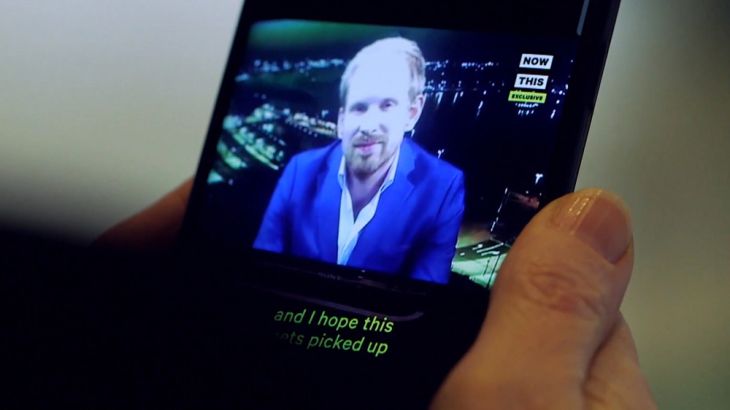
Evasion: The politics of how the media report tax
A viral video brings taxes, inequality and media silence under the spotlight. Plus, the Chamorro family in Nicaragua.
On this week’s The Listening Post: Taxes, inequality and media silence – a viral video brings all of these issues under the spotlight. Plus, a look at power, politics and the Chamorro family in Nicaragua.
How Rutger Bregman put tax reform back on the news agenda
Tax rates are one of those stories that TV producers would probably rather leave to print journalists or authors.
Keep reading
list of 4 itemsJournalist loses foot after being badly wounded in Israeli attack in Gaza
The Take: Layoffs are decimating the media industry. Who profits?
Media feel pressure to tell ‘positive’ China story as party tightens grip
It’s not visual, it’s complicated; in short, it’s not a sexy topic.
Until, a Dutch academic, Rutger Bregman, spoke at the recent World Economic Forum in Davos and made news by telling a room full of billionaires: “Want to fix the global economy? Then dig deeper. Pay up. Tax the rich.”
Fox News’s Tucker Carlson invited Bregman onto his programme but he probably didn’t expect him to go after him, the channel that he works for, and the media in general, for its complicity in almost never covering tax reform.
The interview did not go to air but the entire exchange, recorded on a phone camera, has since gone viral.
The Listening Post looks at how one interview – that was never even broadcast – put tax reform back on the news agenda.
Contributors:
Will Fitzgibbon – International Consortium of Investigative Journalists
Naomi Fowler – Tax Justice Network
Matthew Guardino – Author of Framing Inequality
Andrew Wilson – Broadcast journalist
On our radar
Richard Gizbert speaks to producer Tariq Nafi about the Univision crew that got kicked out of Venezuela after a confrontational interview with President Nicolas Maduro; and the Israeli news anchor who learned the hard way what can, or cannot, be said about Israeli soldiers.
Family ties: The story of the Chamorro dynasty
Last month, one of Nicaragua’s most outspoken journalists, Carlos Fernando Chamorro, fled the country saying he faced “extreme threats” from the government.
When civil unrest erupted last year against the government of President Daniel Ortega, Chamorro’s news outlets reported on those demonstrations and the bloody crackdown that followed.
Chamorro comes from an influential family. The Chamorros own media outlets, his mother is a former president, and his late father paid for his journalism with his life.
With one foot in journalism and the other in politics, the Chamorros don’t just speak truth to power, they’ve held power.
Marcela Pizarro reports on a family that lives, and works, at the intersection of journalism and politics in Nicaragua.
Contributors:
Carlos Fernando Chamorro – Investigative journalist
Arturo Wallace-Salinas – Author of The Media in Nicaragua
Patricia Orozco – Journalist, Onda Local
Moises Absalon – Presenter, Detalles del Momento